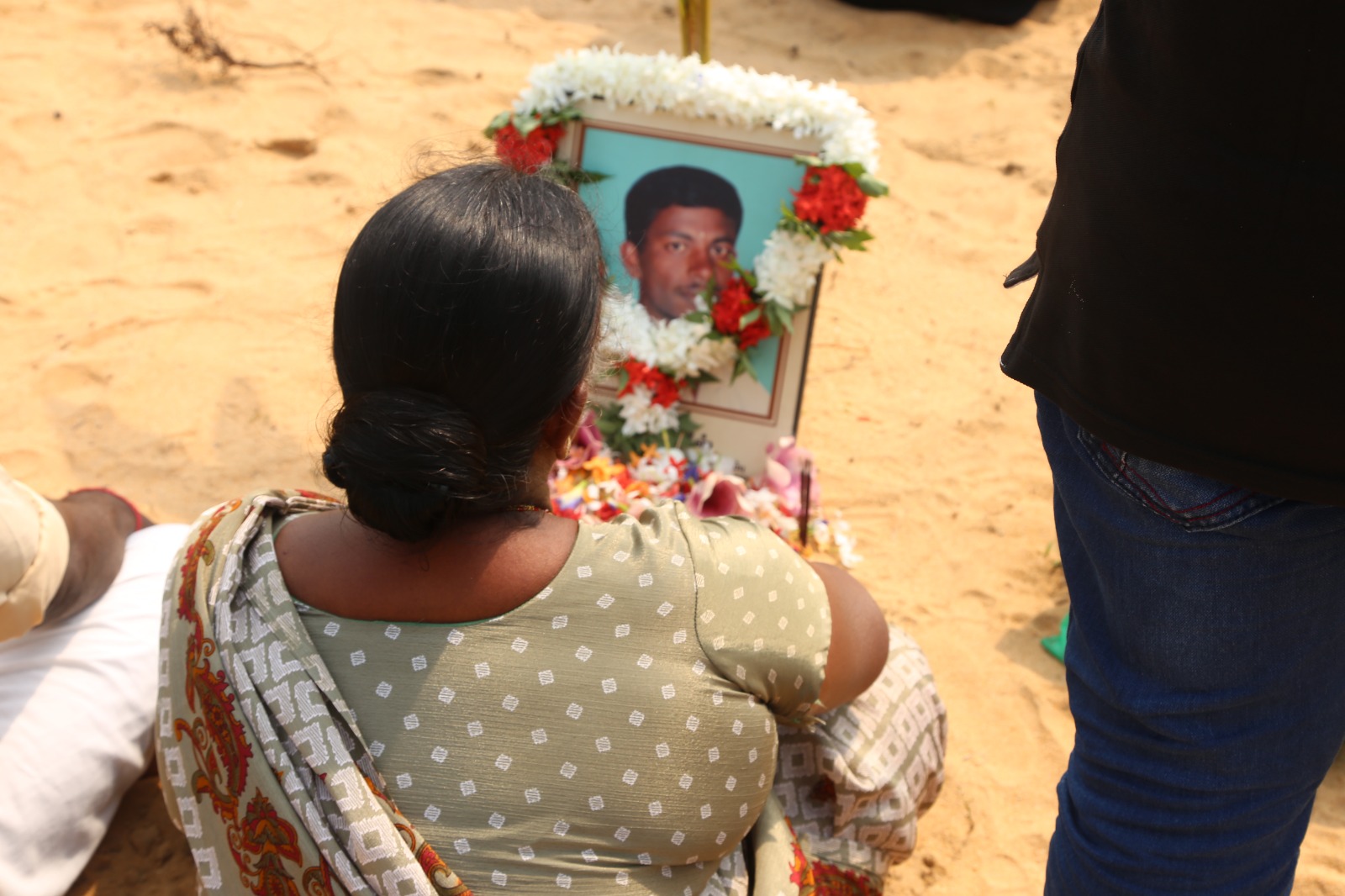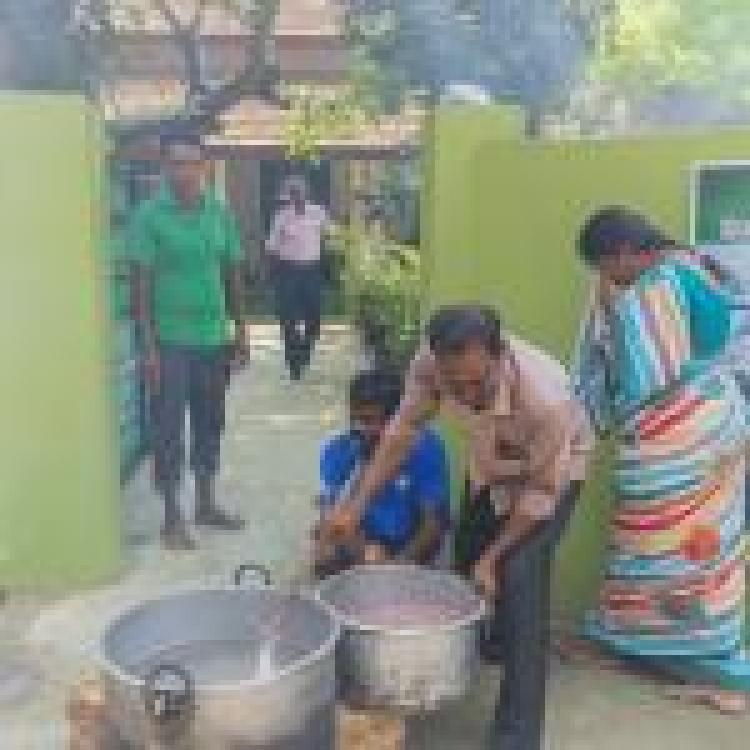
Marking the 14th Tamil Genocide Remembrance Day, Jaffna-based think-tank Adayaalam Centre for Policy Research (ACPR) highlighted the resilience demonstrated by Tamil victim-survivor communities despite the 'full force of the state against them'.
"On this day marking fourteen years since the end of the war in Mullivaikkaal, we commemorate all those lives lost during the last phase of the war, in particular the tens of thousands of Tamils that were killed by the inhumane atrocities committed during the Sri Lankan state’s ruthless and genocidal execution of the final phase of the war."
"Despite the State’s atrocity crimes having been well documented, perpetrators roam free and occupy the highest positions in the government and military – not a single state actor having been held accountable. Carrying the torch of victor’s justice and bolstered by Sinhala nationalism, successive Sri Lankan governments since the end of the war have continued militarising the North-East, securitising the Tamil population through entrenched surveillance and harassment, and repressing dissent including through efforts to stop memorialisation."
Having swept under the carpet all demands for justice and accountability, the Sri Lankan government has recently been trying to promote a farcical ‘truth and reconciliation' agenda. This latest attempt to placate the international community has rightly been met with skepticism and critique from the Tamil victim-survivor community, who have been asked too many times to tell their truth only to never see justice. The failure of past internal mechanisms bear testimony to the duplicity of the Sri Lankan government. Without a genuine accountability process, asking the Tamil victim-survivor community to participate in yet another truth commission is just another mode of re-traumatisation, not a meaningful way to deal with the past.
"it is clear the underlying cause that led to the war continues to persist as the State finds new ways to promote Sinhala-Buddhist nationalism, such as through the Department of Archeology and the Department of Forestry both of which are attempting to rewrite history and colonise traditional Tamil homelands in the North-East."
"Yet, despite the full force of the State against them, Tamil victim-survivor communities continue to demonstrate tremendous resilience. Tamil families of the disappeared have continued to protest for over 2000 days, not giving up on their demands for justice and becoming an indomitable force in the Tamil polity. From Kurunthoormalai to Kinniya, displaced Tamil communities continue to fight the Sinhala-Buddhisisation preventing their return to their homes, both in the courts of law and in the streets through peaceful demonstrations. This resilience is equaled only in the heavy burden of trauma these communities carry, and without justice, the psychosocial toll on them should not be understated."
"Bleak though the situation seems to be, the Tamil community has not conceded itself to despair. In remembering the memories of Mullivaikkaal and those that perished, we at ACPR reaffirm our commitment to seeking justice and accountability for the atrocity crimes committed during the conflict."
Read the full statement in English and Tamil here

